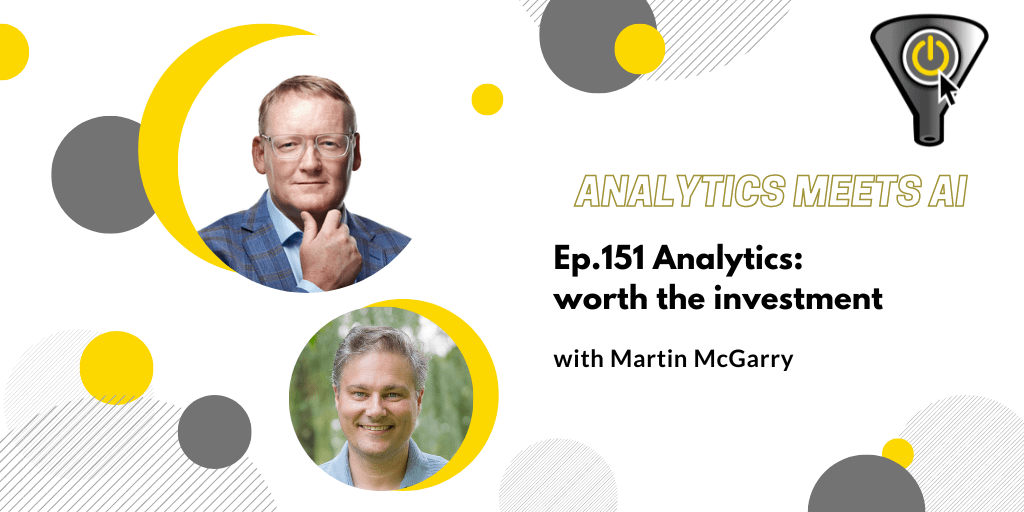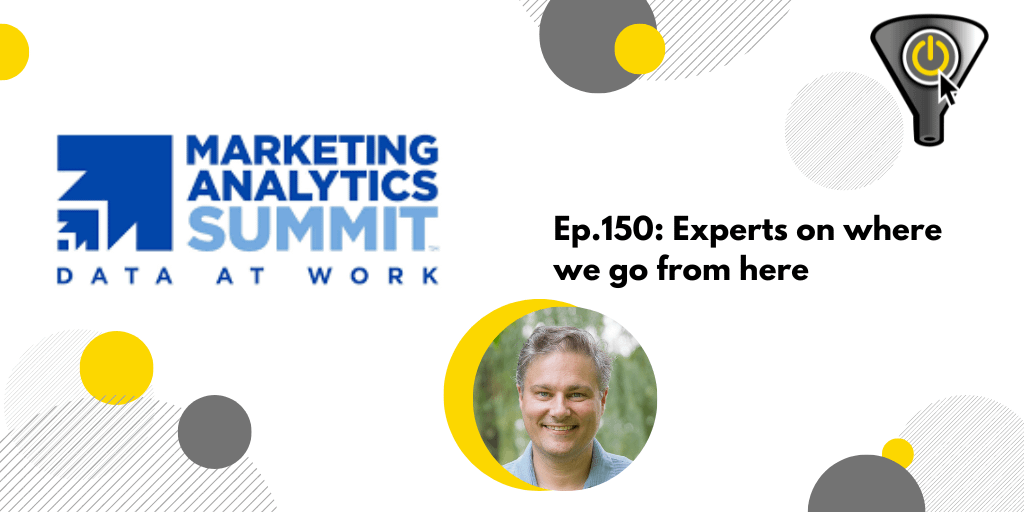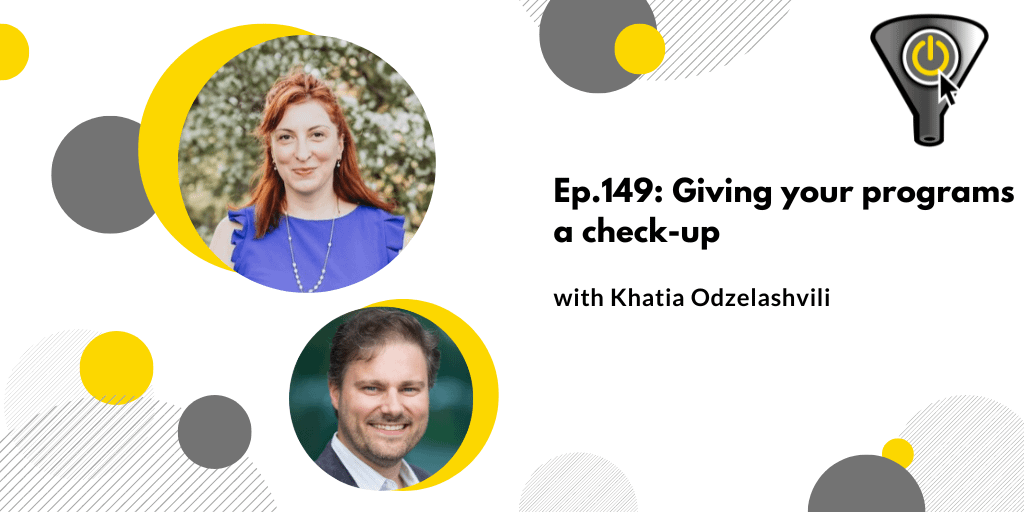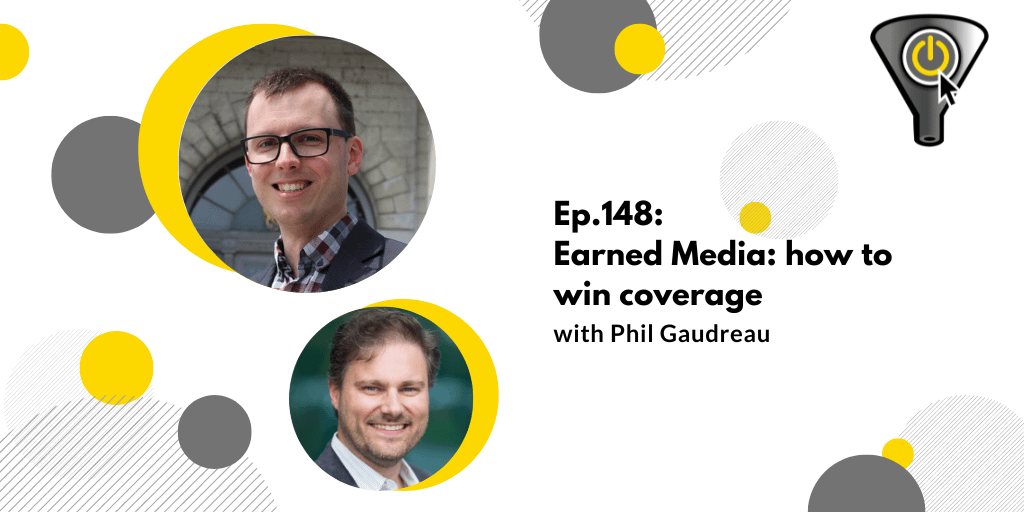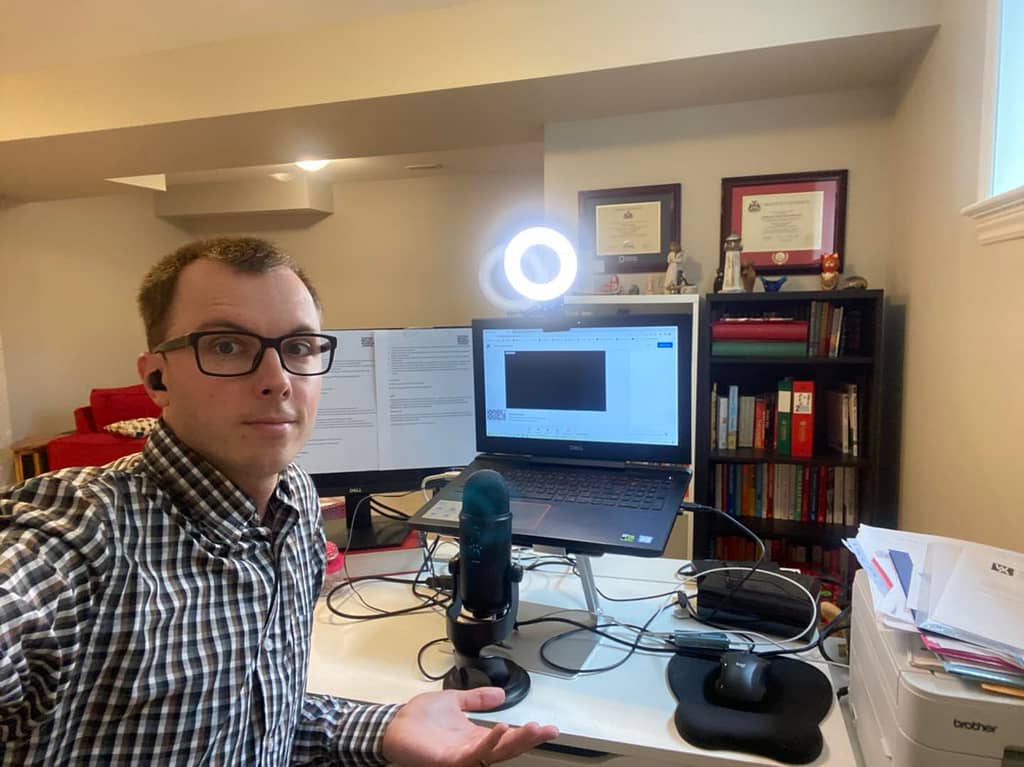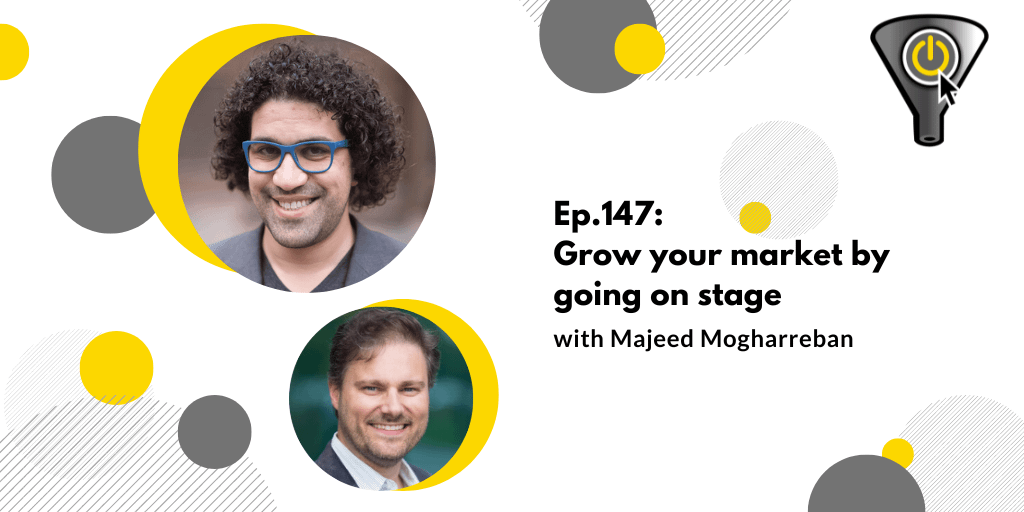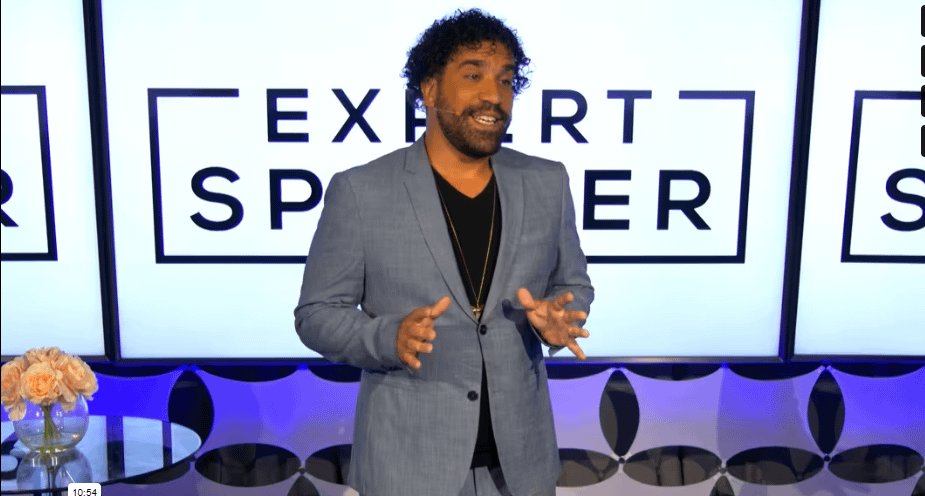When marketers from different companies get together and talk shop, it quickly becomes noticeable that each tackles their marketing problem differently. One by one, they throw into the conversation their own homebrew of channels, output tracking and the distinct expectations their stakeholders place on them. The more this study in contrast goes on, the more you hear them ask each other: “Why do you do it that way?”
The responses to this question all fall under one unsatisfactory theme. It’s like Fiddler on the Roof, a broadway musical & movie set a century ago in part of the soviet union. A community of displaced Jews move into the slavic town of Anatevka. When townspeople ask them about their quirky customs, they give their famous one-word answer – Tradition. The main character defends his ancestors for starting the Tradition, even if nobody can remember why they made them in the first place.
Some of the marketing tasks we do are grounded in logic, which can be found by probing our institutional memory banks. But most of the time we don’t probe, Instead relying on circular reasoning about the fact that we have them as justification for why we have them. Nothing changes; we cling to pointless traditions, which just ends up wasting time that could be better spent elsewhere.
Our guest, Khatia Odzelashvili knows how to give marketing functions a checkup, teasing apart the traditional practices that boost productivity from those that have run their course. She’s great at scrutinizing; at asking “Why do you do it that way?” She grew up in the republic of Georgia, shortly after the Communist system of the Soviets had collapsed. Would they transition to the new ways? Many were reluctant to, craving the familiarity of communism. This wavering delayed Georgia’s emergence as a full-fledged western economy. Perhaps Khatia came by her bold way of questioning things from seeing the damage that’s caused by clinging to the past.
Khatia is the founder of a company called, not surprisingly, Bold Move Marketing. She is a public relations specialist with an entrepreneurial mindset who enjoys developing and implementing creative strategies. She has worked with and sometimes led a client’s team as they build marketing programs.
She was educated at Algonquin College as well as the University of Göttingen.
People/Products/Concepts Mentioned in Show
Bold Move marketing
Project management tool Asana
Database platform Airtable
Episode Reboot.
“Insanity is doing the same thing over and over and expecting different results.” — usually attributed to Albert Einstein

